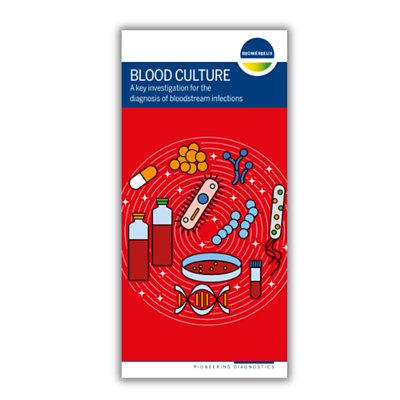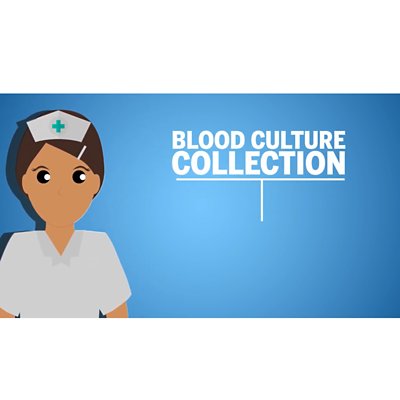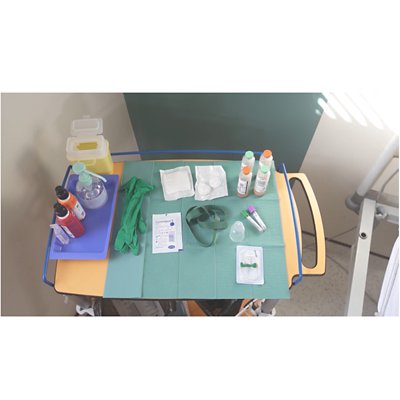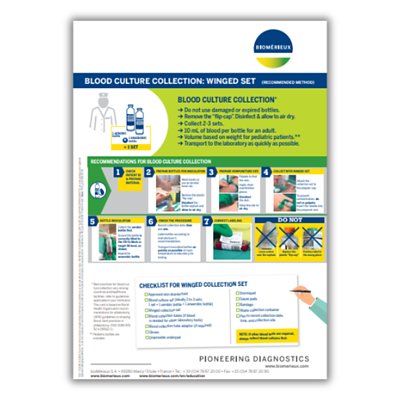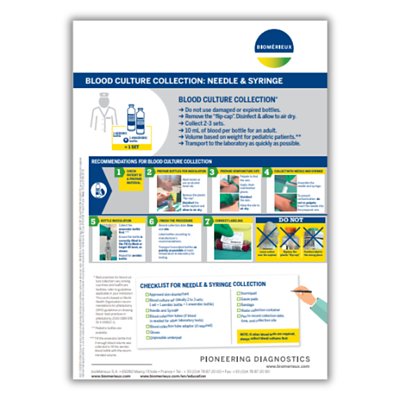Blood Culture Materials
Please note that by clicking on a link you will be redirected outside bioMérieux's website.
The scientific content in the above materials has been developed independently by the speaker(s)/author(s). The views presented in these materials are the authors’ personal opinions and do not necessarily represent the viewpoint, strategy or opinions of bioMérieux.
The content on this website and associated materials do not constitute medical advice and should not be considered a substitute for the individual professional judgement of any physician or other health care practitioner regarding the appropriate course of action for a particular patient. All recommendations should be independently reviewed with appropriate medical staff in light of the needs of any particular institution and its patients. bioMérieux makes no guarantee or representation regarding the accuracy, completeness, or usefulness of this information for any particular purpose, including but not limited to any cost savings.
Discover other educational resources:
